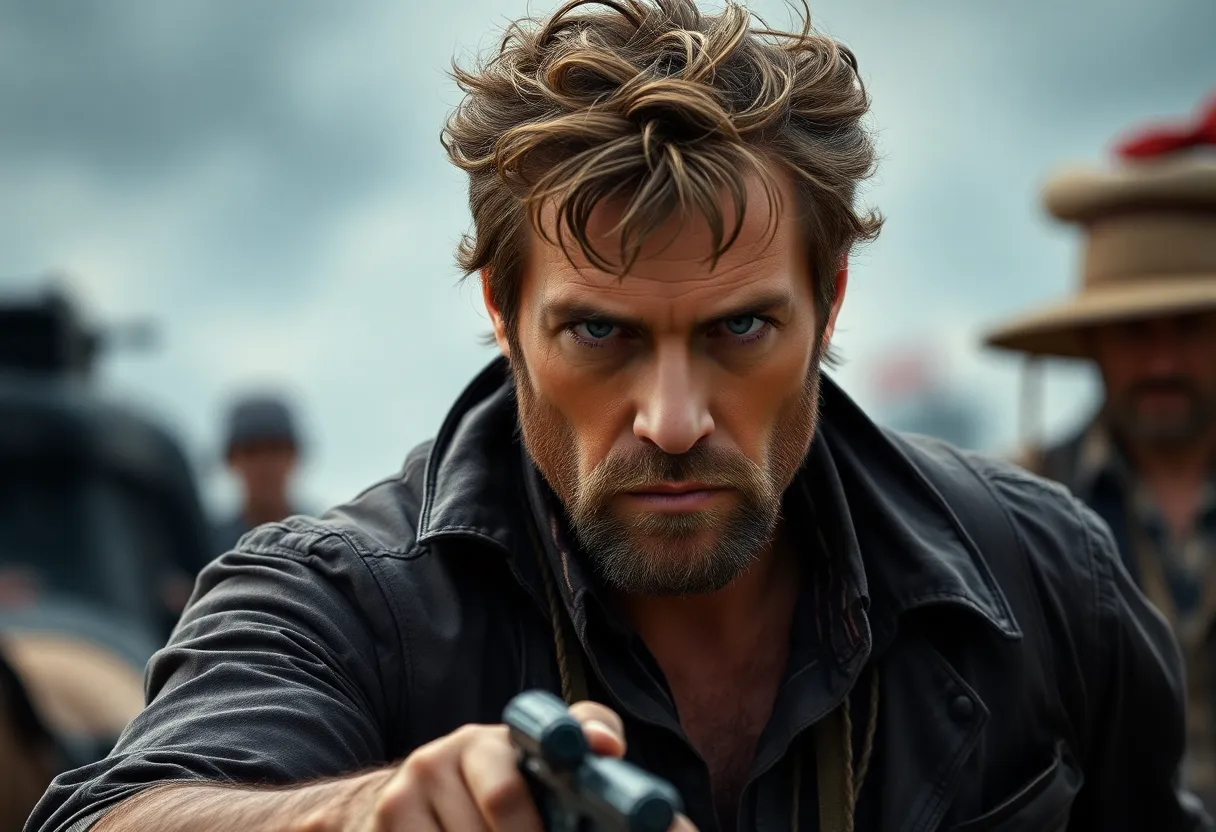News Summary
Steve McQueen, the iconic American actor known for his roles in classic films, faced a tragic battle with mesothelioma, a cancer associated with asbestos exposure. Despite his legendary status as a tough-guy on-screen, McQueen’s story highlights the harsh realities of battling cancer. Diagnosed in 1979, he sought various treatments but ultimately succumbed to the illness in 1980, reminding us of the fragility of life and the importance of health awareness.
Steve McQueen: The Macho Star’s Battle Against Mesothelioma
Born on March 24, 1930, in Beech Grove, Indiana, Steve McQueen became one of the most revered American movie stars of the 1960s and 1970s. Known for his iconic portrayals of stoic loners and rugged heroes, McQueen captured the hearts of millions with his tough-guy persona. His career was marked by standout performances in films like The Great Escape and Bullitt, but behind the scenes, he was fighting a much grimmer battle: mesothelioma, a cancer often linked to exposure to asbestos.
The Rise of a Legend
Before becoming a household name, McQueen drifted through various odd jobs and served a three-year stint in the U.S. Marine Corps. His transition into acting began in 1952 when he enrolled at the Neighborhood Playhouse in New York City. McQueen’s screen debut came in the 1956 film Somebody Up There Likes Me, where he played a minor role. However, it was his first starring role in the horror classic The Blob in 1958 that marked the beginning of his rise to stardom.
McQueen solidified his status as a leading man with the popular television series Wanted: Dead or Alive, which aired from 1958 to 1961. His major breakout moments came with the films The Magnificent Seven (1960) and The Great Escape (1963), both of which showcased his cool demeanor and charismatic presence. With his rugged look and tough-guy image, McQueen became synonymous with the macho archetype of the era.
Fame and Achievements
McQueen’s filmography in the 1960s reflects a series of acclaimed performances, including The War Lover (1962), Love with the Proper Stranger (1963), and The Towering Inferno (1974). His dynamic acting earned him critical acclaim, culminating in an Oscar nomination for The Sand Pebbles in 1966. However, it was his role in Bullitt (1968) that remains iconic, particularly known for its thrilling car chase sequence in San Francisco.
McQueen was a pioneer in Hollywood, not just as an actor but also as a producer. He leveraged his stardom to form 1st Artists Productions, enabling him to produce films that aligned with his artistic vision. His ability to command the screen made him a formidable figure in the industry.
A Tragic Diagnosis
In 1979, in the wake of his flourishing career, McQueen received a devastating diagnosis: he had developed mesothelioma, an aggressive form of cancer typically associated with asbestos exposure. The news rattled not only the film industry but also his legion of fans who admired the tough star who seemed invincible on screen.
Desperate to fight for his life, McQueen sought alternative treatment options in Mexico. He underwent surgery in Juarez, where surgeons attempted to remove a massive five-pound tumor from his abdomen. In his mind, surgery was a beacon of hope; he believed he could survive and return to the life he had built. Unfortunately, the reality was far grimmer.
The Final Moments
Following surgery, McQueen experienced severe complications and worsening health. On November 7, 1980, he succumbed to heart failure shortly after surgery, leaving behind an indelible legacy and a void in the hearts of many. He checked into the clinic under the pseudonym “Samuel Sheppard,” trying to maintain a semblance of privacy during his final, tragic days.
McQueen passed away at the young age of 50, surviving by his third wife, Barbara Minty, and two children, Chad and Teri, from his first marriage. Following his death, his family requested donations be made to Boys Republic in Chino, California, a school dedicated to troubled youth, in lieu of flowers—a nod to his own tumultuous background as a youth.
A Legacy Remembered
Steve McQueen’s legacy is one that transcends cinema; it reminds us of the fragility of life and the impact of cancer. While his tough-guy image may have marked him as a hero on-screen, his personal battle against mesothelioma serves as a sobering reminder of the realities faced by many who suffer from this diagnosis. As the film world remembers the icon, it also raises awareness about the dangers of asbestos, encouraging ongoing conversations about worker safety and health protections.



















